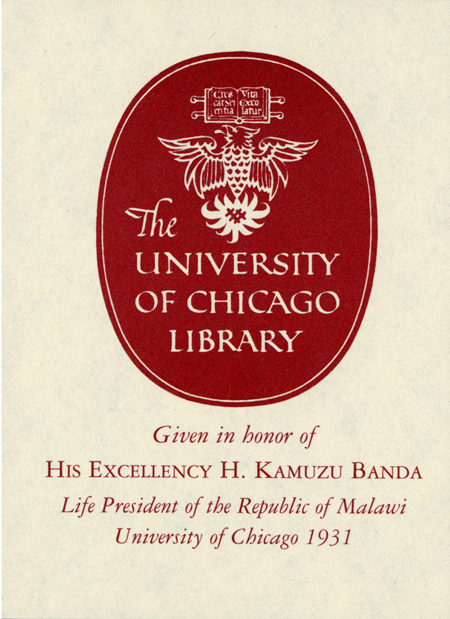Review by Choice Review
Howe (Georgetown Univ.) is a respected expert on African security issues and author of several articles in this field. Ambiguous Order, his first book, examines three military strategies recently employed by African states facing severe security threats: regional military intervention (ECOMOG's operations in Liberia and Sierra Leone), hiring private security companies (case study of the now-defunct Executive Outcomes), and the US-sponsored African Crisis Response Initiative (ACRI). He evaluates the implications of these strategies for Africa's four persistent security dilemmas, i.e., tensions between military capabilities and political responsibility, sovereignty and legitimacy, national policies and external responses, and the stabilizing and destabilizing effects of democratization. Howe concludes that military professionalism is a key to political and economic development; parasitic personal rule prevents or undermines military professionalism; and that political democratization can establish or restore it, but "such reform will be slow in coming." No other book examines these interrelated political, military, and security issues as Howe does, but experts will want to read it in conjunction with Anthony Clayton's Frontiersmen: Warfare in Africa Since 1950 (1999) and William Reno's Warlord Politics and African States (CH, Oct'98). Highly recommended for larger university libraries and those specializing in world politics, international security, military affairs, and Africana. J. P. Smaldone Georgetown University
Copyright American Library Association, used with permission.
Review by Choice Review

